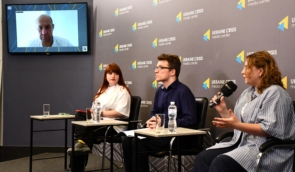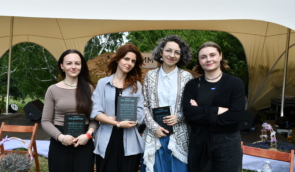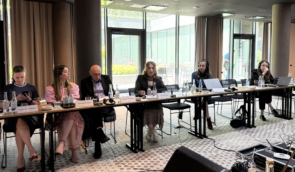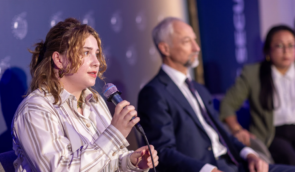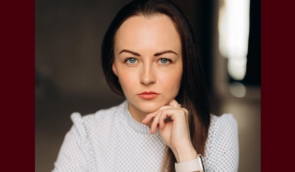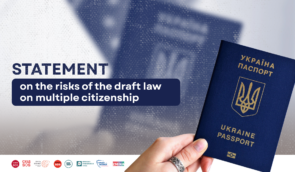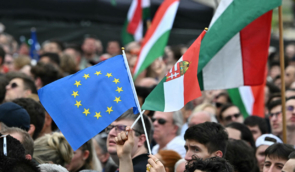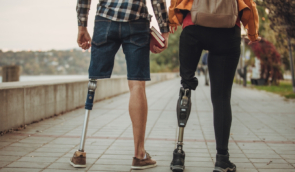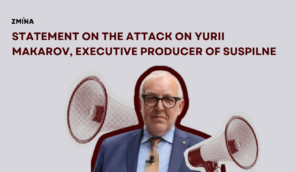Representatives of 50 countries defined a common vision of human rights in Great Britain
On January 15-17, 2024, ZMINA’s Human Rights Adviser Nataliia Okhotnikova participated in the conference “Overcoming challenges to universal human rights: developing prospects for new alliances?”, which was held in West Sussex (Great Britain) and brought together representatives of 50 countries and civil society.

The event was held at Wilton Park, a non-profit executive agency of the Ministry of Foreign Affairs and Commonwealth of Nations and Development of Great Britain.
Over the course of the three day event, representatives of international organizations, state governments, and national human rights movements and alliances shared their vision of the challenges facing human rights in the modern world and how they can be effectively overcome. The participants talked about the problems faced by the international community that specifically affect human rights – the effects of climate change, COVID-19, global inequality, armed conflicts and the lack of security in different regions of the world. The participants of the event recognized that in certain countries, the influence of public organizations on the decision-making process is often narrowed. Human rights defenders become targets, and the rights of women, indigenous peoples, various minorities and other vulnerable groups are threatened.
Separately, it was said that attacks on democratic institutions are intensifying in autocratic regimes. The participants also drew attention to the fact that states began to use tactics of manipulation and threats to withdraw from various organizations and treaties, which endangers the existence of the current human rights system. According to the participants of the conference, this is done in order to avoid responsibility for violations of international human rights law and international humanitarian law.
In 2024, elections of various degrees of democracy will be held in 70 countries – and this will certainly affect the situation with human rights around the world.
There was also a broad discussion on how to detect in real time when a state is on the path of violating human rights: certain legislative changes; increased supervision of NGOs and individual human rights defenders, arbitrary detention and torture; restriction of freedom of speech and assembly; limited access or disconnection of the Internet; repression of opponents and human rights defenders, targeted attacks on minority groups, women and girls, indigenous peoples, etc.
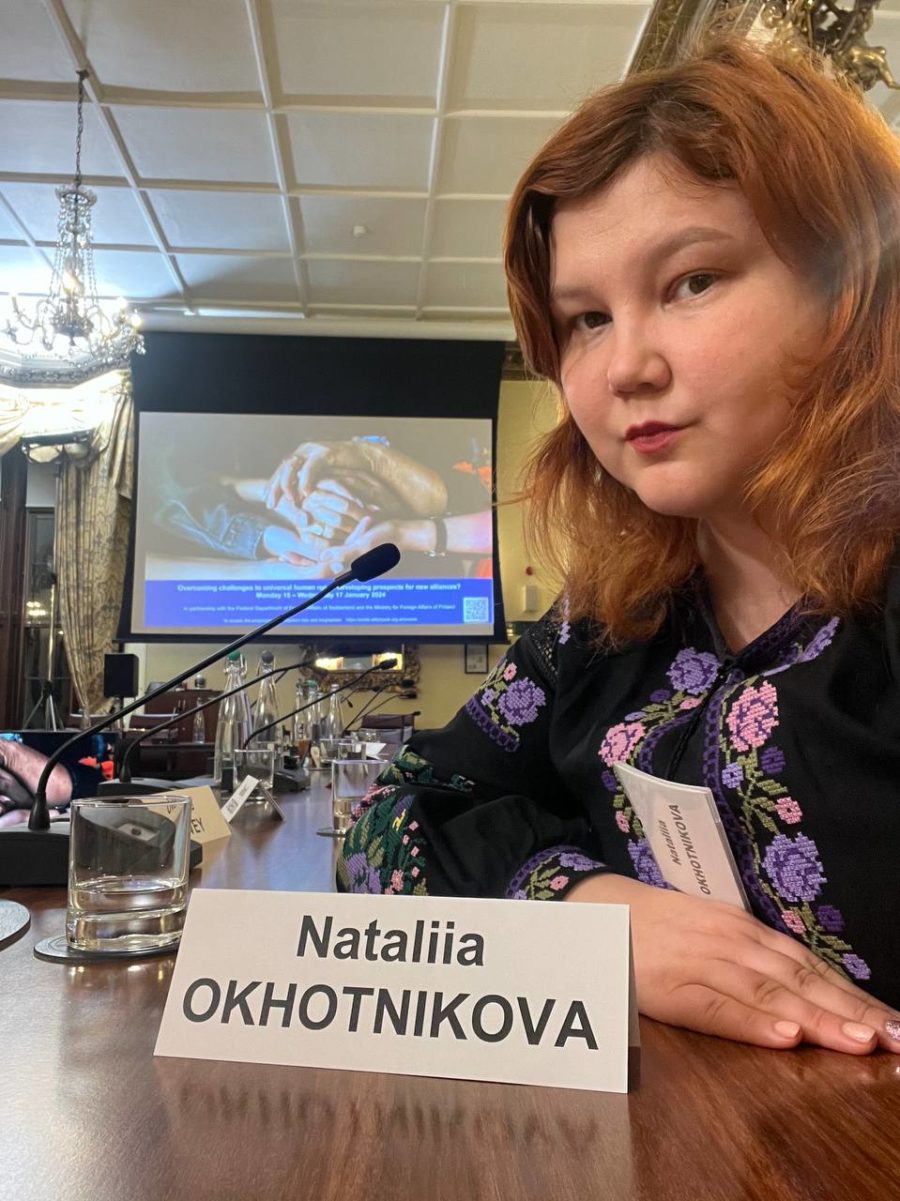
Additionally, discussions were help on how to strengthen ties between civil society, human rights defenders, states and institutional human rights protection bodies in order to prevent or slow down the deterioration of the international human rights situation..
“The topic of forming alliances for the better protection of human rights is really an analogue of the Pantone color of the year in the field of human rights for 2024. We, Ukrainians, showed the world that solidarity in defending human rights is a really powerful weapon that saved us, because in a difficult time we realized that we are not alone. But it is necessary to look for new allies and like-minded people in non-classical places and organizations. Other public organizations from Africa, Latin America and the Middle East, as well as big business, can become partners in defending the interests of Ukraine if we can find the right words and motivations, why we need to be supported in our daily struggle and how it will help the development of the of idea human rights in a global sense”, said Nataliia Okhotnikova.
If you have found a spelling error, please, notify us by selecting that text and pressing Ctrl+Enter.

